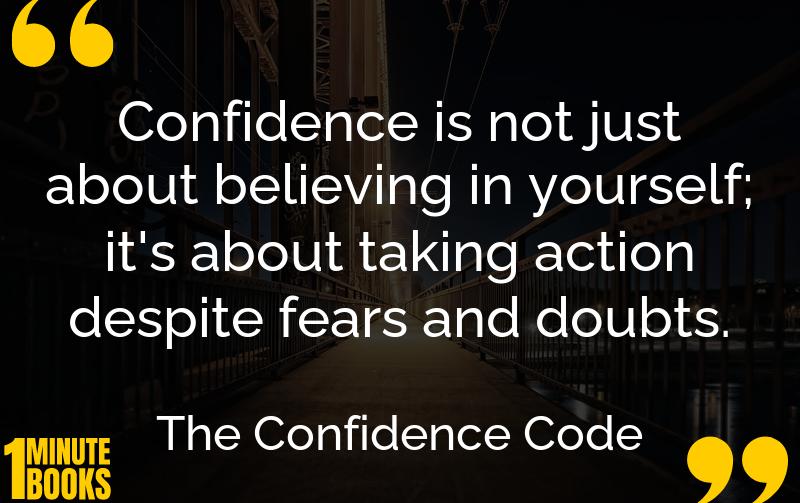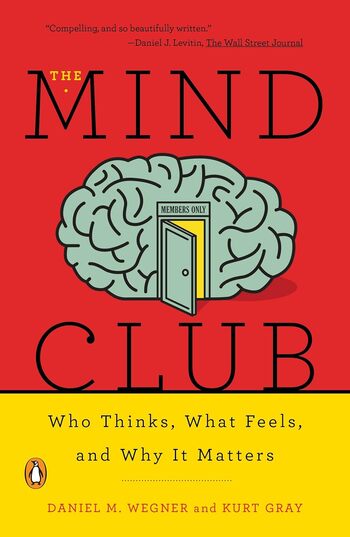
The Confidence Code explores how women can harness the power of confidence by understanding the science behind it and embracing failure as part of growth.
Main Lessons
- Confidence is a skill that can be developed, not an innate trait.
- Failure is an opportunity for growth and learning, not a reflection of personal worth.
- Taking action is crucial. Confidence grows through doing, not just thinking.
- Understanding the brain’s role in confidence can help overcome self-doubt.
- Perfectionism is a barrier to confidence; embracing imperfection is liberating.
- External validation is less important than internal belief in one’s abilities.
- Women often face societal pressures that undermine confidence—awareness is the first step to countering these.
- Role models and mentors can play a significant role in developing confidence.
- Confidence can lead to increased opportunities and success in both personal and professional life.
- Mindfulness and self-awareness can enhance confidence by grounding decision-making.
- Risk-taking is inherently linked to confidence; stepping out of comfort zones is essential.
- Building a supportive network fosters confidence and resilience.
- Feedback, both positive and constructive, is a tool for building confidence.
- Being aware of body language can influence self-perception and boost confidence.








